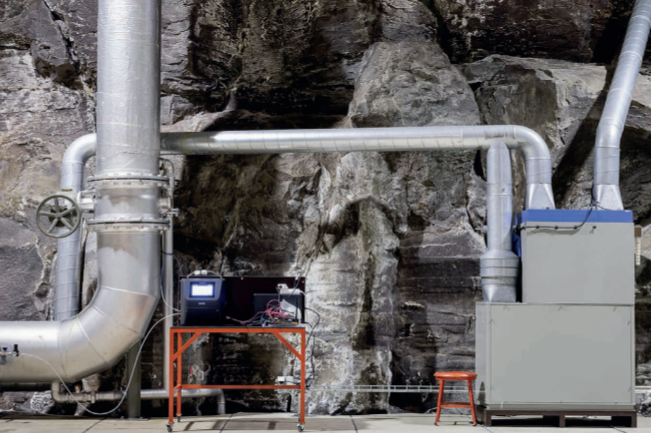

The Solutions Explorer lets you create alerts that match your needs. You can create several alerts and you will receive a notification each time a new Solar Impulse Efficient Solutions is labelled and matches your filters.
Your Search Alerts will show up here.
Sign in to create alerts for your filters and search terms.
Sign inDon't have an account?
Sign upFebruary 9, 2019
Veitur
Reykjavík

In 2018, severe floods in South-West Iceland contaminated several water production wells, posing a public health risk. Veitur Water Utilities, based in Reykjavík, responded by implementing BactoSense, a real-time microbiological monitoring solution, to ensure water safety. This advanced system provided continuous, automated microbial activity monitoring, allowing Veitur to swiftly detect and address contaminants. The adoption of BactoSense mitigated immediate risks and enhanced long-term water quality management, improving public health protection and demonstrating the importance of innovative solutions in maintaining water quality amidst environmental challenges.
The enhanced prediction accuracy of water quality changes allows for more precise monitoring and management, effectively minimizing the risk of contamination. This proactive approach ensures that water quality is consistently maintained at safe levels, protecting public health and the environment.
The actual situation in terms of microbial contamination detection on drinking water plants is very slow and not reliable. First, the actual method takes 2-3 days to show any abnormal situation, time where population will get sick. Secondly, the actual procedure identify only a small percentage of bacteria (1-5%) as not all bacteria are able to growth on a dry nutrient support. The whole procedure requires 50 gr of plastic of lab consumable. The BactoSense device detects automatically in less than 30 min all bacteria in water directly coming from the process via a single sampling tube. When placed at the entry of the plant, the device acts as an early warning system in case of abnormal microbial conditions. When placed in other locations, process optimization can be generated with potential reductions of chlorine, impacting positively tap water acceptance and bottled water consumption (EU major initiative). On a 10 years basis, 1000 kg of plastic consumption and more than 3 to of CO2 can be avoided.
Share
The information set out above, is solely for the purposes of information and the Solar Impulse Foundation does not provide any guarantee as to its authenticity, completeness or accuracy. This information does not constitute investment advice or a recommendation to buy into, transact or to enter into any agreement with any of the parties or persons mentioned above. Potential investors or interested parties are solely responsible for their investment or business decisions and for performing any due diligence required by the circumstances. The innovator has asserted ownership of the intellectual property rights for images, videos, and content showcased above, affirming full and unrestricted usage rights, and has provided explicit permission for the Solar Impulse Foundation to publish such information designated as "public" in the application form.